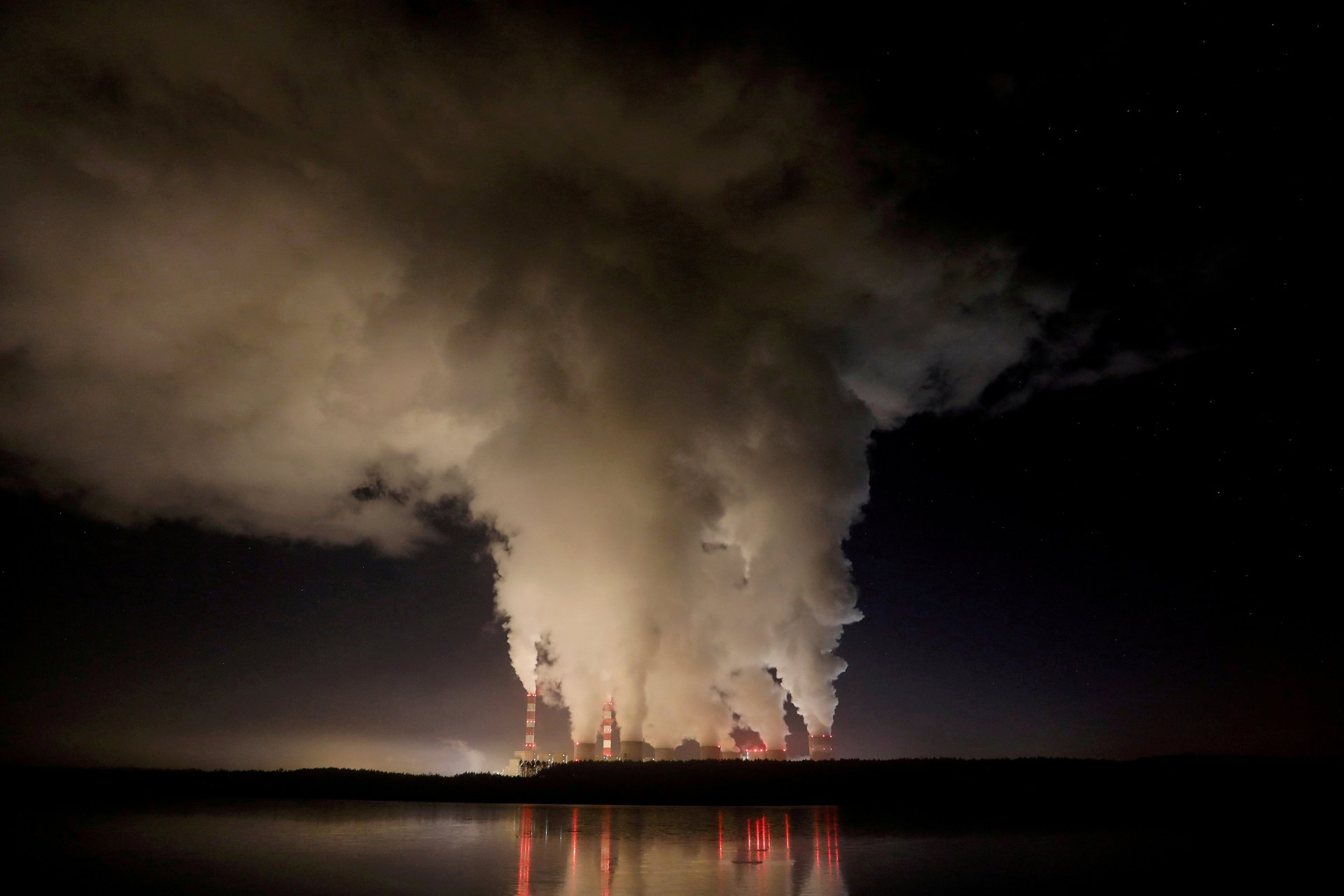The world has nine years to prevent climate catastrophe
The global economy urgently needs to bend its emissions curve downwards

A major paper released on the sidelines of the COP27 climate summit in Egypt has started a countdown. At the current rate of global emissions, the Paris Agreement goal of limiting global temperatures to 1.5 degrees Celsius above pre-industrial levels will likely be permanently out of reach in nine years, the study found.
The paper, published on Nov. 11 and written by dozens of leading climatologists, the paper assesses what scientists call the “carbon budget,” which is a way of predicting the amount of warming that will likely be produced by a given volume of emissions. Run in reverse, the calculation tells us how much more we can afford to emit before a certain warming target becomes impossible—just as a personal budget tells you how much more you can spend before you go broke.
The world’s carbon budget is quickly running out
The new study concludes that, starting in 2023, if the world produces more than 380 billion more tons of CO2, the odds of limiting warming to 1.5C will fall below 50%. At current rates, that carbon budget would be exhausted by 2032. The findings buttress a similar UN report last month, which found that annual emissions need to fall 45% by 2030 in order to keep the 1.5C goal viable. The world is currently at about 1.2C, and already experiencing severe global climate impacts. Every additional fraction of degree of warming will exponentially exacerbate the crisis. A separate report published this week by the research group Climate Action Tracker found that liquified natural gas projects currently under development could consume up to 10% of the remaining carbon budget on their own.
Behind both reports is the unforgiving math at the heart of the climate crisis. Although emissions today are lower than they would have been if fossil fuel consumption rates were unchanged from the pre-Paris Agreement average, global emissions are still rising from year to year (excluding a dip during the pandemic). The sooner emissions peak, the longer the carbon budget will last. If the budget is used up, the only way to walk back to more moderate warming would be through carbon removal technologies that, for the most part, are costly and unproven. The safest and cheapest course of action, in other words, is to bend the emissions curve as soon as possible.
